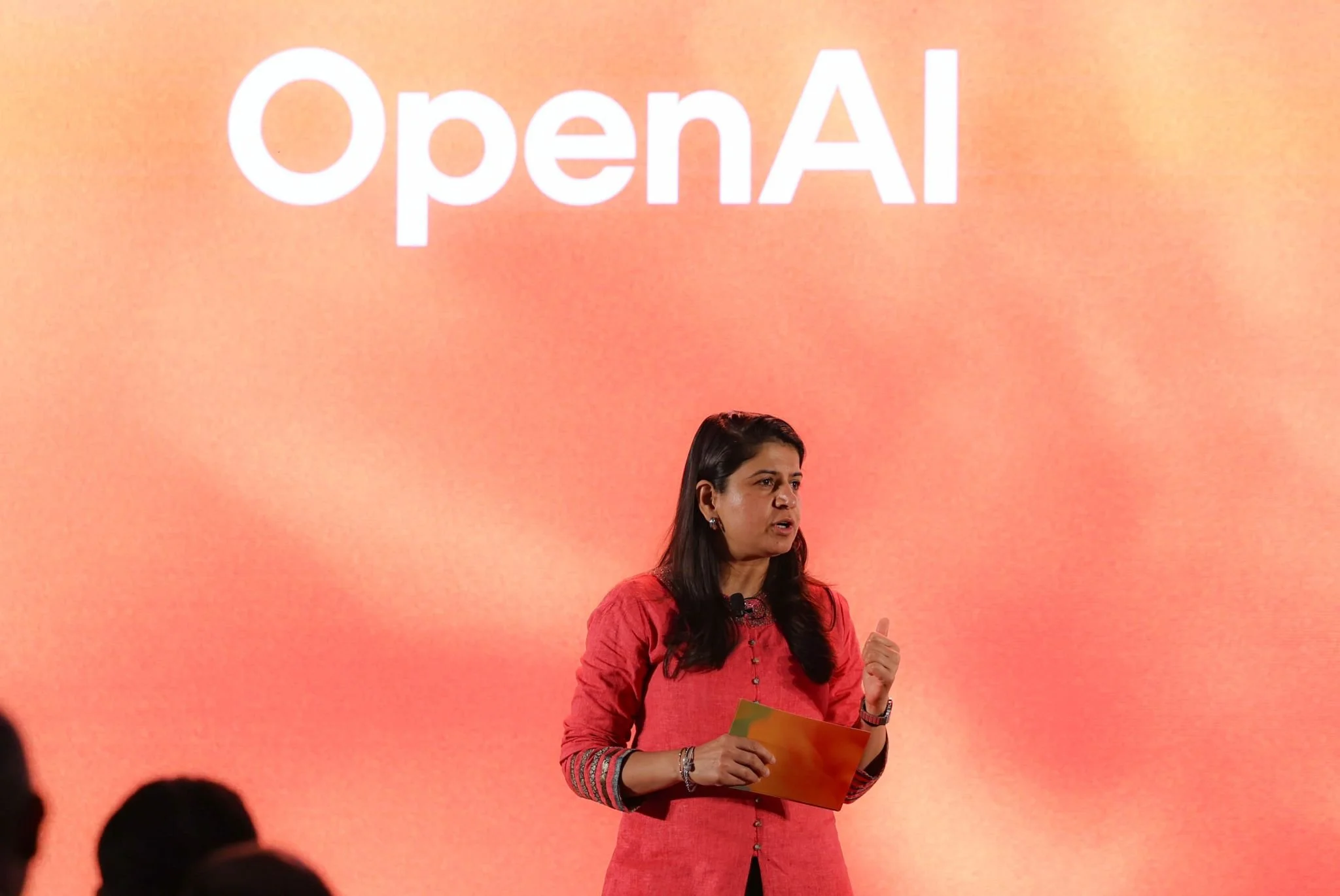Leeds and UCL develop AI-powered robot that adapts to unfamiliar terrain using animal-inspired learning
A collaboration between UK institutions the University of Leeds and University College London has led to the development of a four-legged AI robot capable of learning to switch gaits like an animal, enabling it to move across unknown terrain without pre-programmed instructions.
Photo credit: The University of Leeds
Researchers at the University of Leeds and University College London have developed an AI framework that allows a four-legged robot to autonomously switch between gaits when encountering unfamiliar terrain.
The system is designed to mimic how animals such as dogs and horses adjust their movements to maintain balance and conserve energy.
The study, published in Nature Machine Intelligence, outlines how the robot, nicknamed “Clarence”, was trained using deep reinforcement learning. This process enabled it to transition between walking patterns such as trotting, running, and bounding without prior experience of the terrain. The robot adapted to real-world surfaces including woodchips, uneven timber, and overgrown vegetation, all without further system tuning.
Joseph Humphreys, postgraduate researcher in the School of Mechanical Engineering at Leeds and lead author, says the robot “successfully navigated them all” after training in simulation only. “Our findings could have a significant impact on the future of legged robot motion control by reducing many of the previous limitations around adaptability,” he adds.
Embedding animal strategies into AI
Unlike most reinforcement learning systems, which perform well only in specific settings, the new framework incorporates biological locomotion principles directly into the AI model. It integrates gait transition strategies, gait procedural memory, and adaptive motion adjustment, three elements seen as essential for real-world versatility.
Professor Zhou at UCL Computer Science, senior author of the study, says: “Instead of training robots for specific tasks, we wanted to give them the strategic intelligence animals use to adapt their gaits—using principles like balance, coordination, and energy efficiency.”
Humphreys explains that all training occurred in simulation, eliminating the need for real-world trials during development. “It’s similar to the Matrix, when Neo’s skill in martial arts is downloaded into his brain,” he says. “We then tested the robot in the real world… and it successfully navigated them all.”
Potential for future deployment
The team tested Clarence’s ability to recover from external interference by striking its legs with a brush while walking. Despite never encountering these disturbances during training, the robot adjusted its movement and remained stable.
The researchers suggest the system could be applied in hazardous settings such as disaster response, space exploration, or infrastructure inspection—where unpredictable terrain can pose significant risk. The robot operates without exteroceptive sensors such as cameras or microphones, instead relying on internal sensing and learned movement strategies.
The study was supported by the Royal Society and the Advanced Research and Invention Agency (ARIA). Future work may explore additional capabilities including jumping, climbing, and navigating vertical surfaces.
Professor Zhou concludes: “Our long-term vision is to develop embodied AI systems—including humanoid robots—that move, adapt, and interact with the same fluidity and resilience as animals and humans.”
RTIH AI in Retail Awards
Our sister title, RTIH, organiser of the industry leading RTIH Innovation Awards, proudly brings you the first edition of the RTIH AI in Retail Awards, which is now open for entries.
As we witness a digital transformation revolution across all channels, AI tools are reshaping the omnichannel game, from personalising customer experiences to optimising inventory, uncovering insights into consumer behaviour, and enhancing the human element of retailers' businesses.
With 2025 set to be the year when AI and especially gen AI shake off the ‘heavily hyped’ tag and become embedded in retail business processes, our newly launched awards celebrate global technology innovation in a fast moving omnichannel world and the resulting benefits for retailers, shoppers and employees.
Our 2025 winners will be those companies who not only recognise the potential of AI, but also make it usable in everyday work - resulting in more efficiency and innovation in all areas.
Winners will be announced at an evening event at The Barbican in Central London on Wednesday, 3rd September.






















